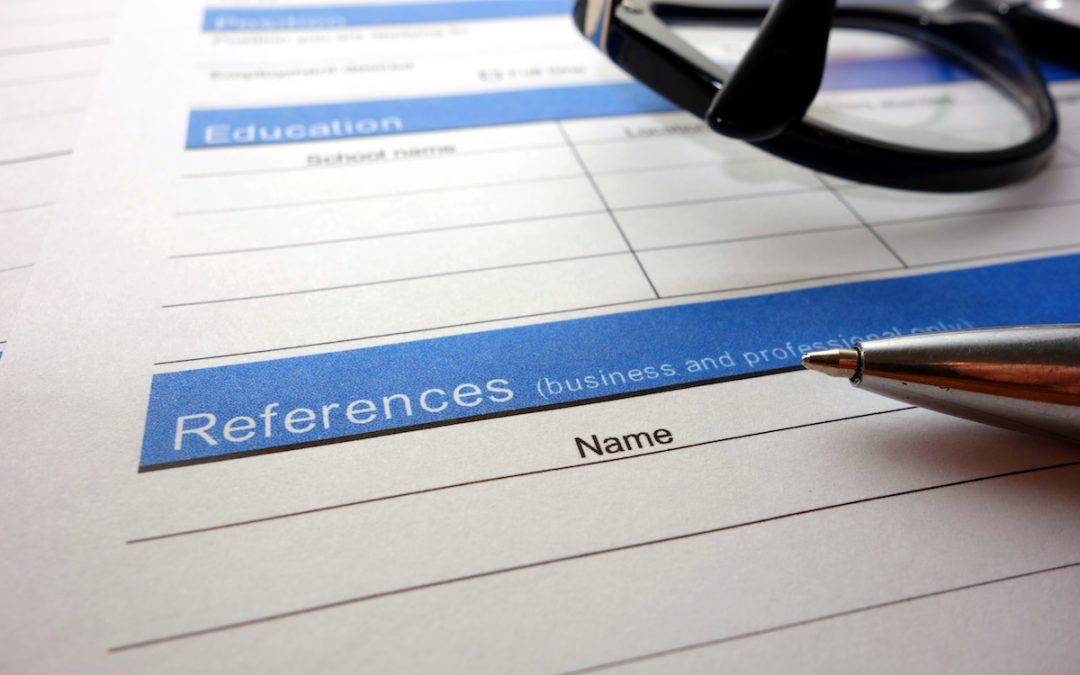Employment references are generally sent direct to the prospective new employer of an ex-employee. They are not usually copied to the employee themselves.
If your ex-employee has asked for a copy then you can, if you wish, provide them with one. However, you are not obliged to do so. Employment references are regarded as personal data under the Data Protection Act 2018 and the General Data Protection Regulation (GDPR). Ordinarily, under subject access request rules, you are obliged to provide a copy of it on receipt of a request from the data subject (here, your ex-employee). But the Data Protection Act 2018 includes a specific exemption for confidential references given for the purposes of prospective or actual employment. This means that you do not have to provide a copy of the reference you have given to your ex-employee. The same exemption can also be used to refuse disclosure of references you have received from third parties.
The exemption applies to confidential references so it would be a good idea to mark any references you give as ‘confidential’ to avoid any argument that they are not caught by this exemption.
Remember, when giving references, that they should be true and accurate. The employee could obtain a copy of the reference by other means. The fact that you don’t disclose it does not stop the new employer from disclosing it on request. . It could also later become disclosable as part of any legal proceedings which the ex-employee might bring if they believe that they have suffered loss as a result of the reference.
Find out how we can help. Our partner, Jon Dunkley, heads the Wollens specialist Employment Department. Contact him today for an informal chat, without obligation on 01271 342268 or via email at [email protected].



